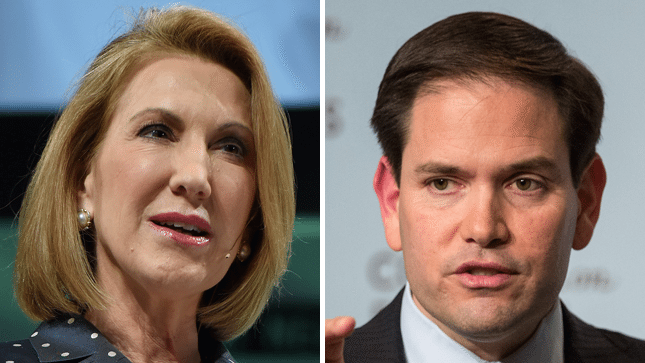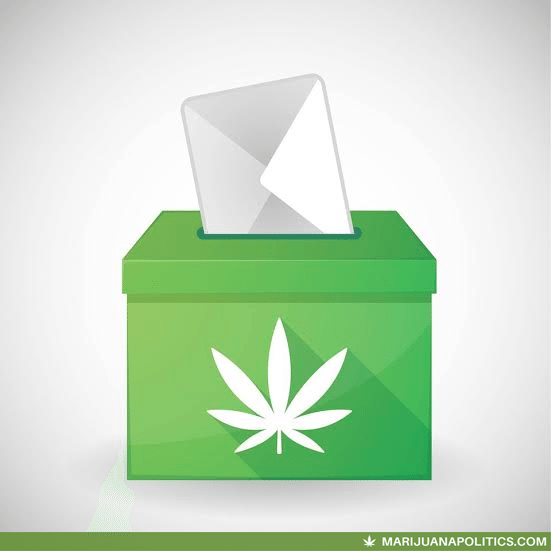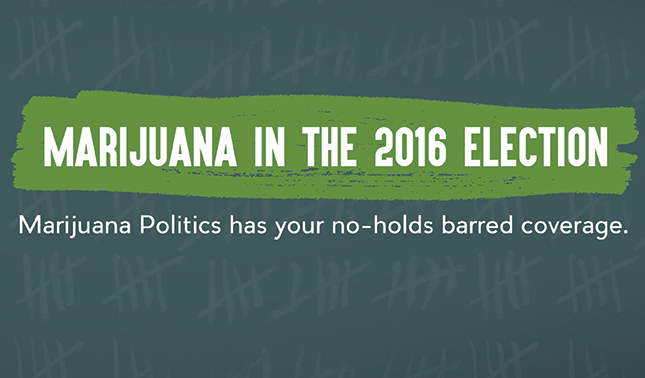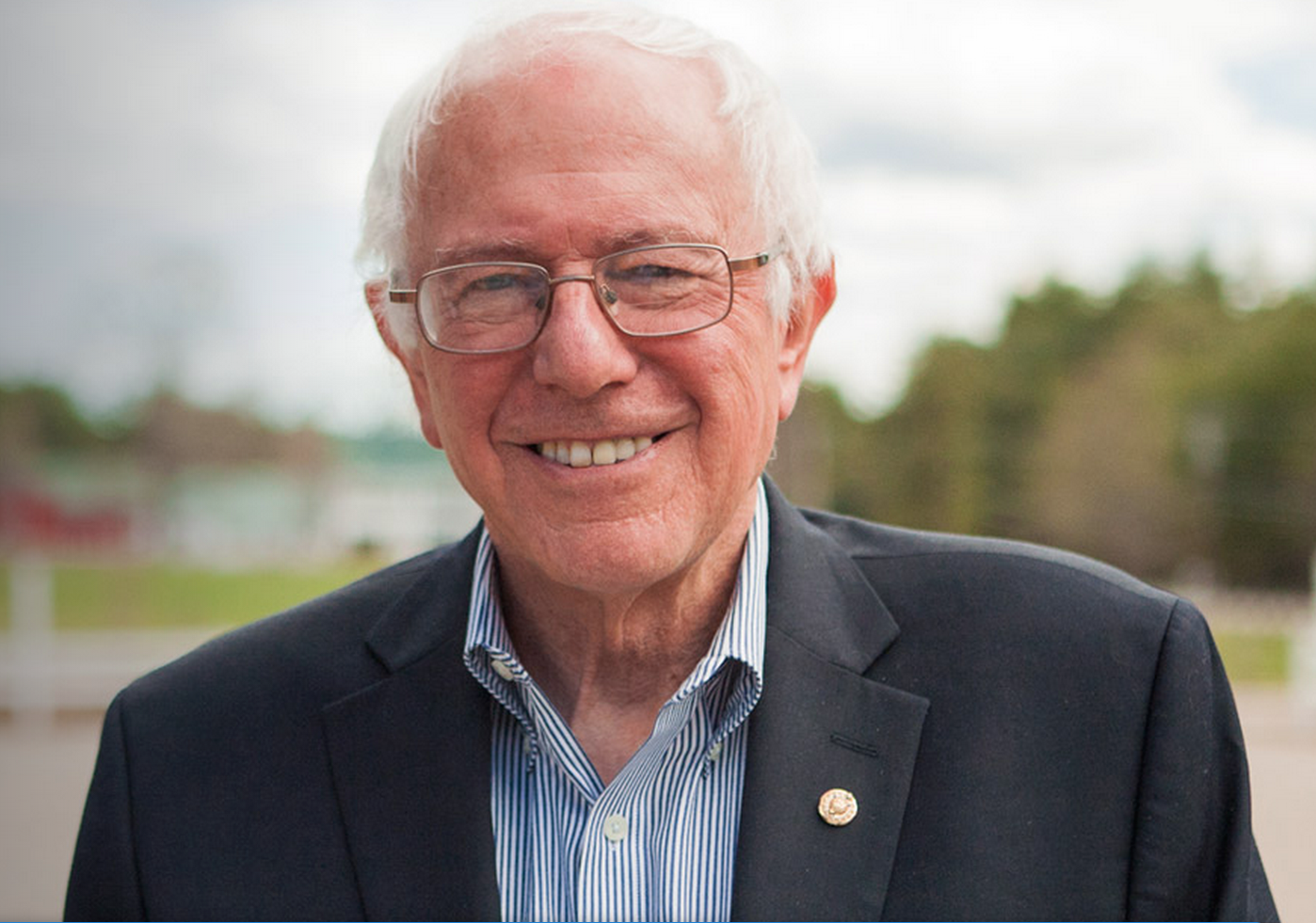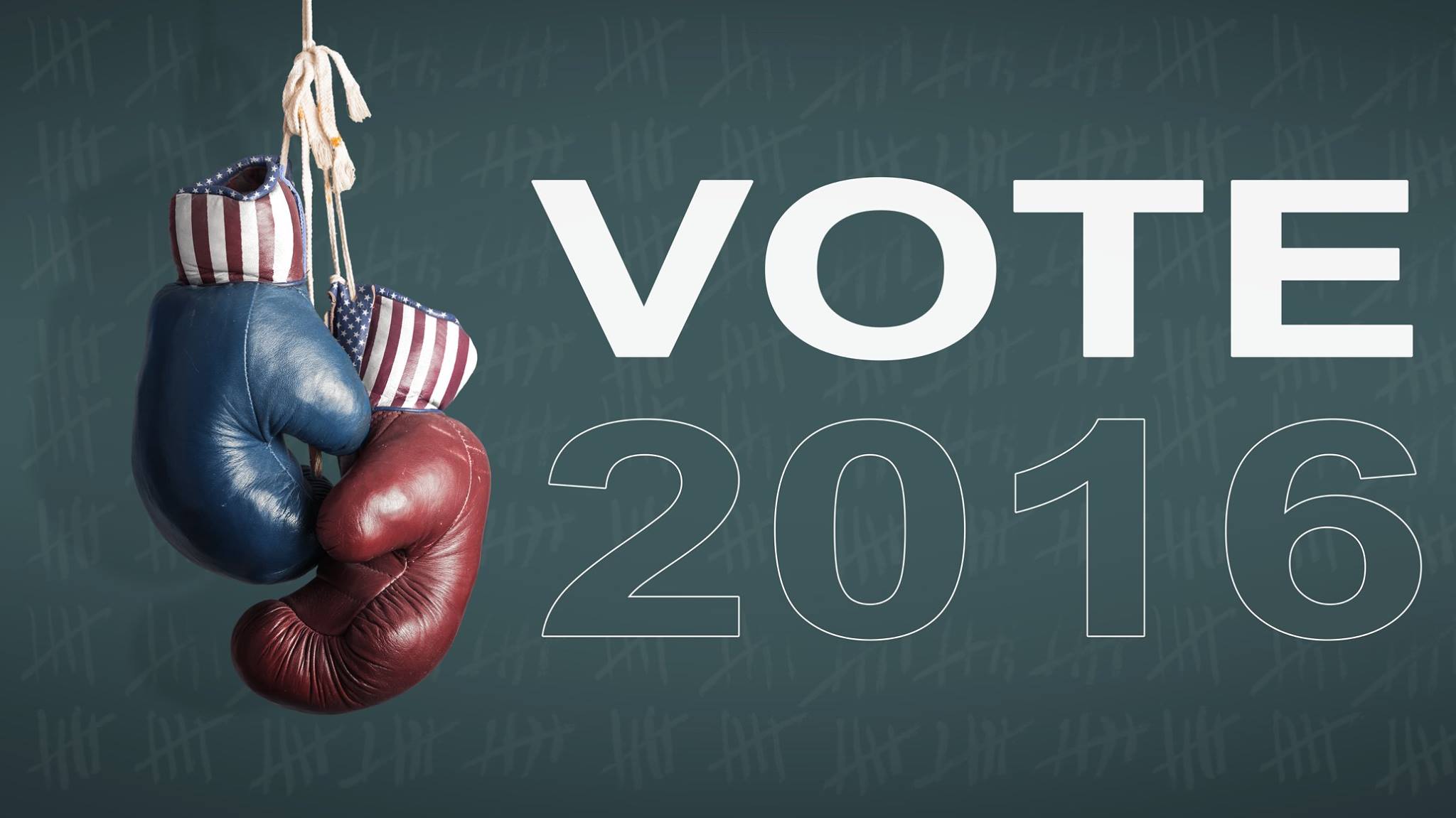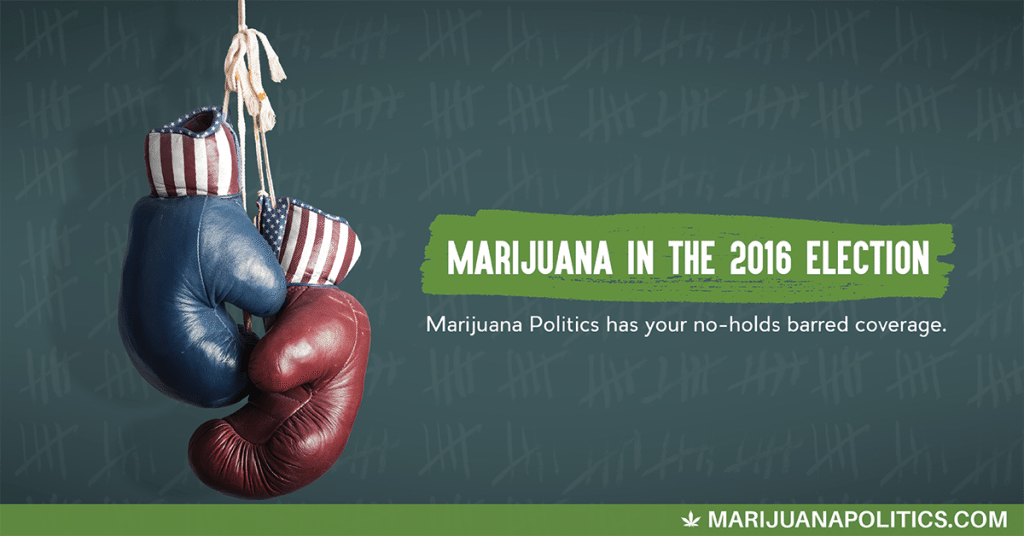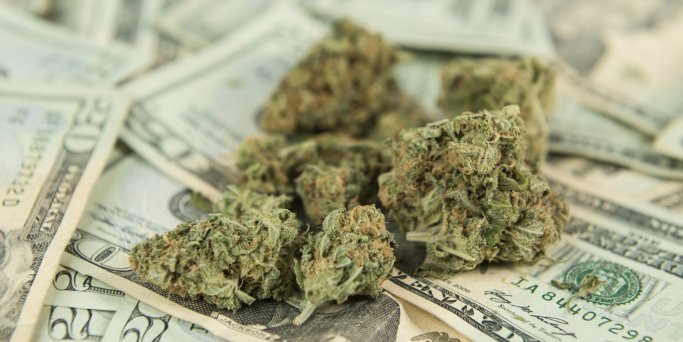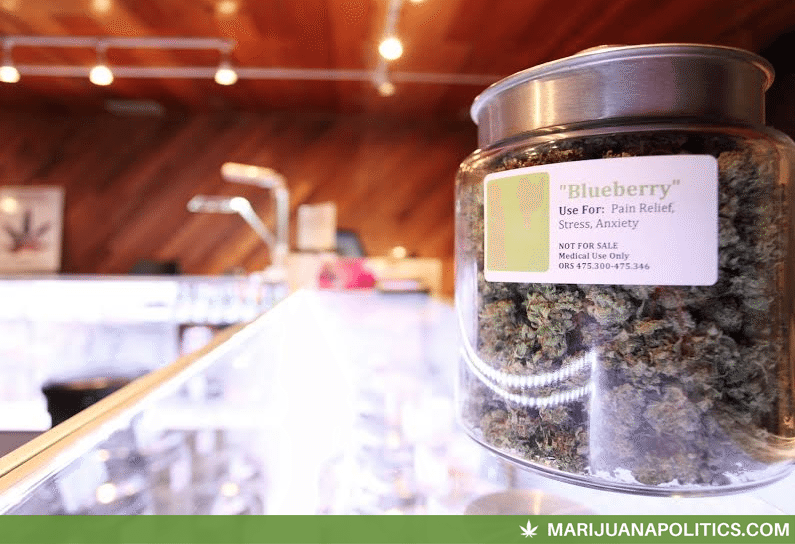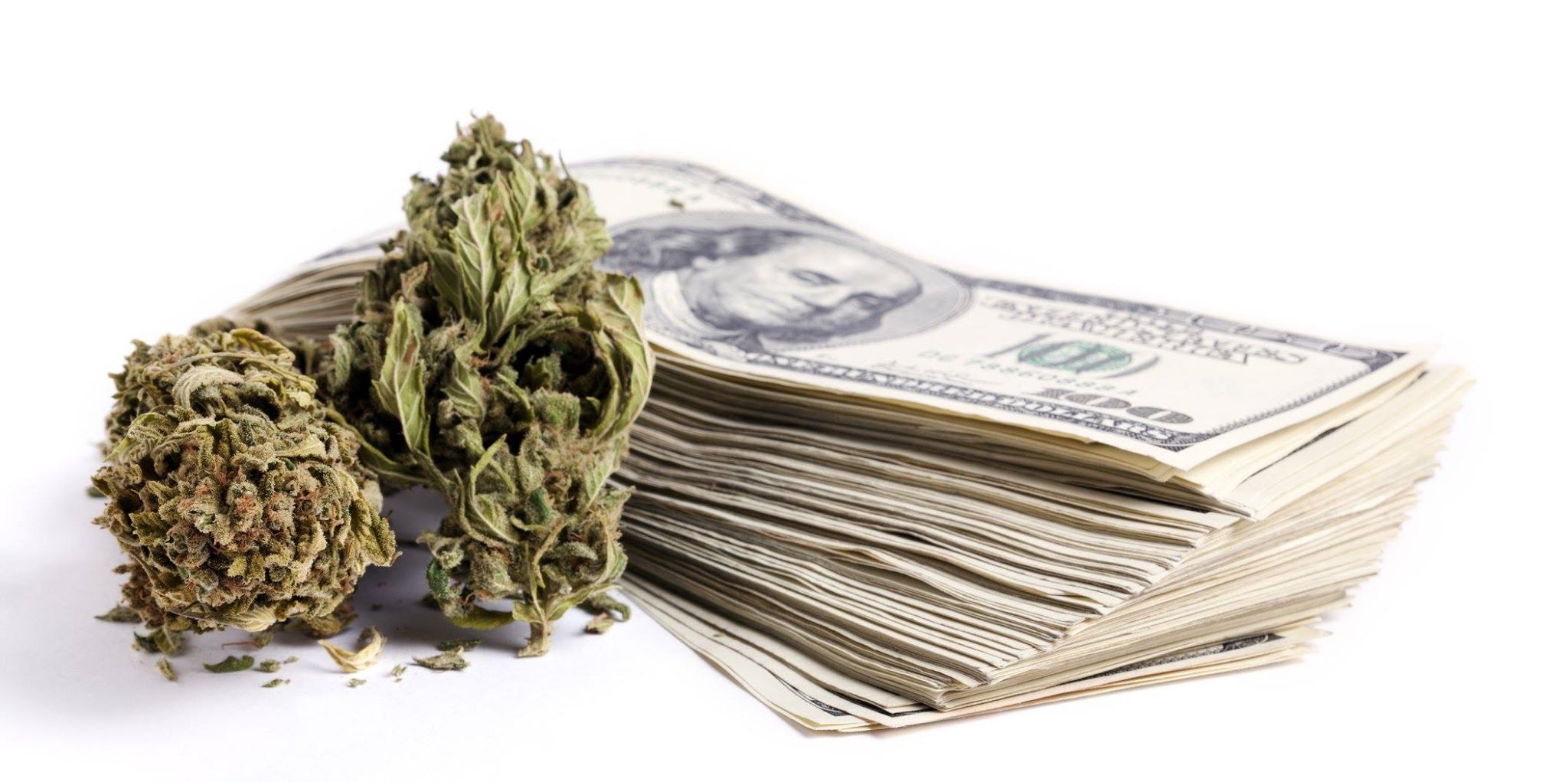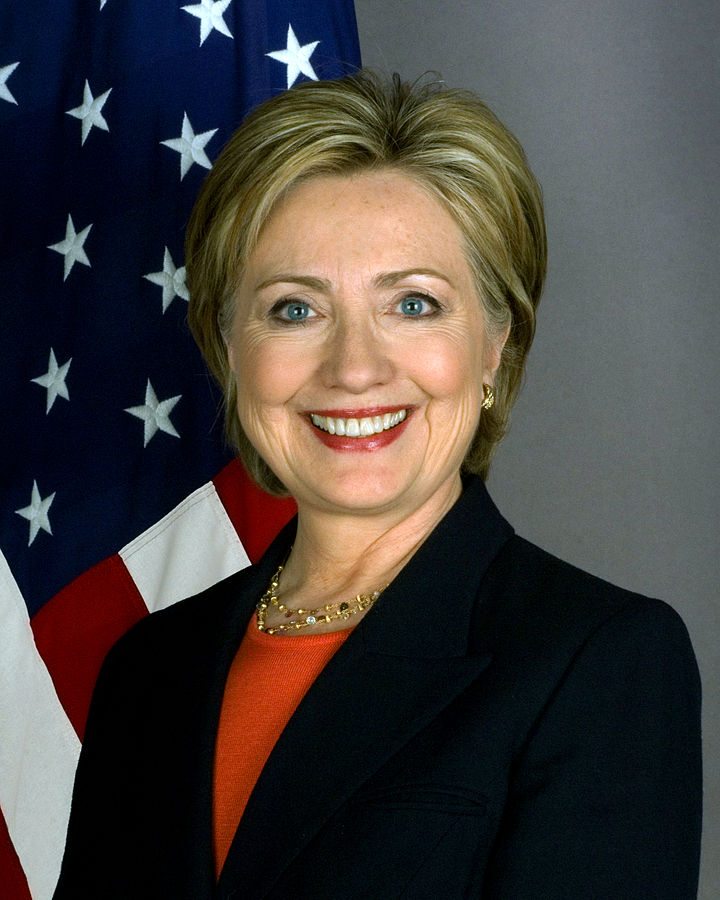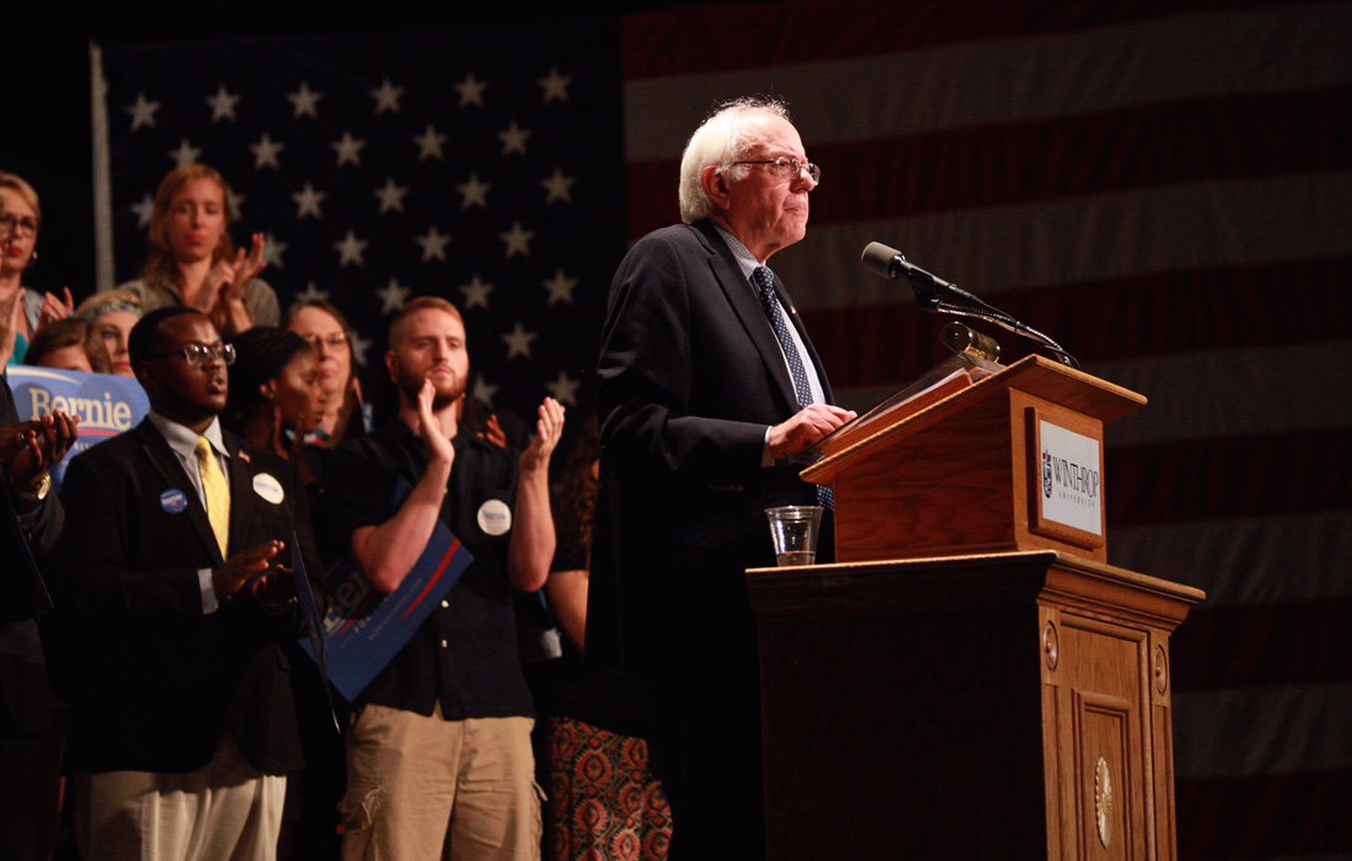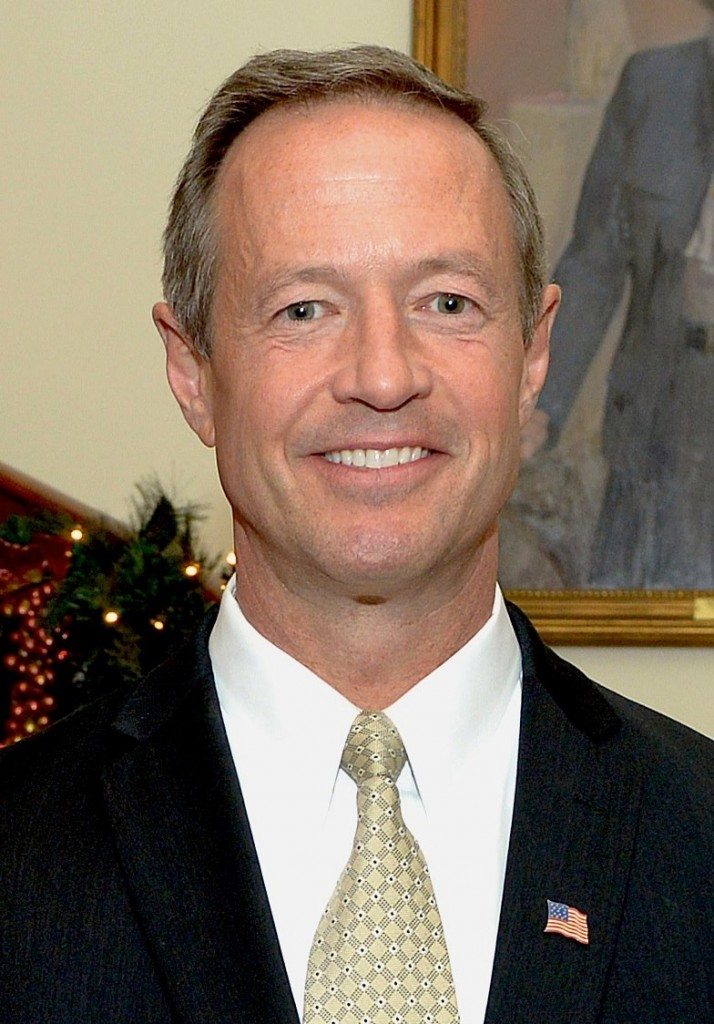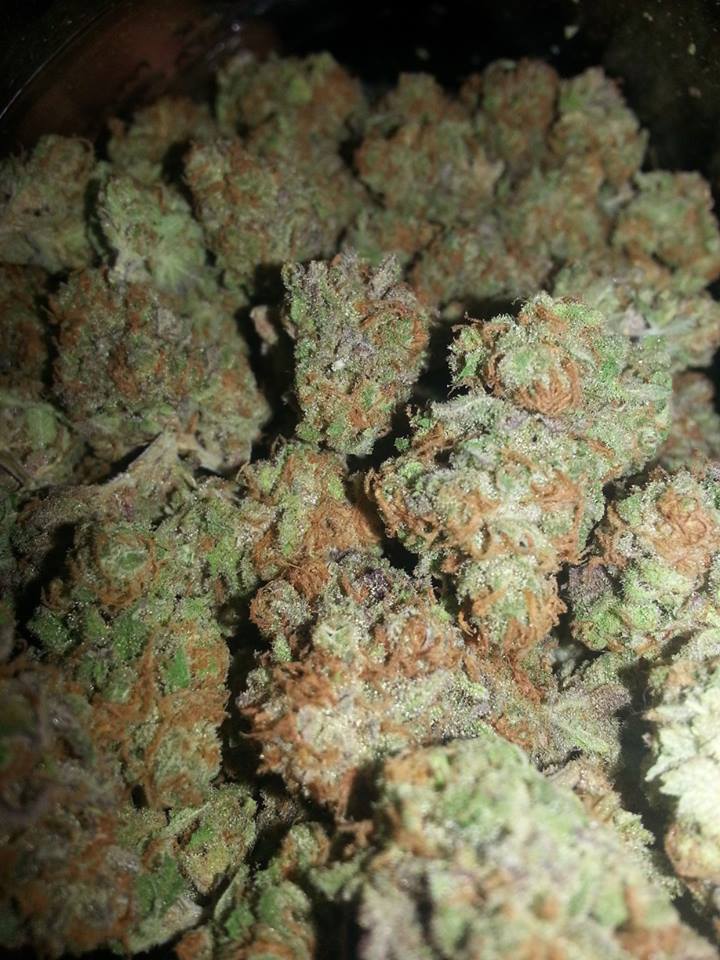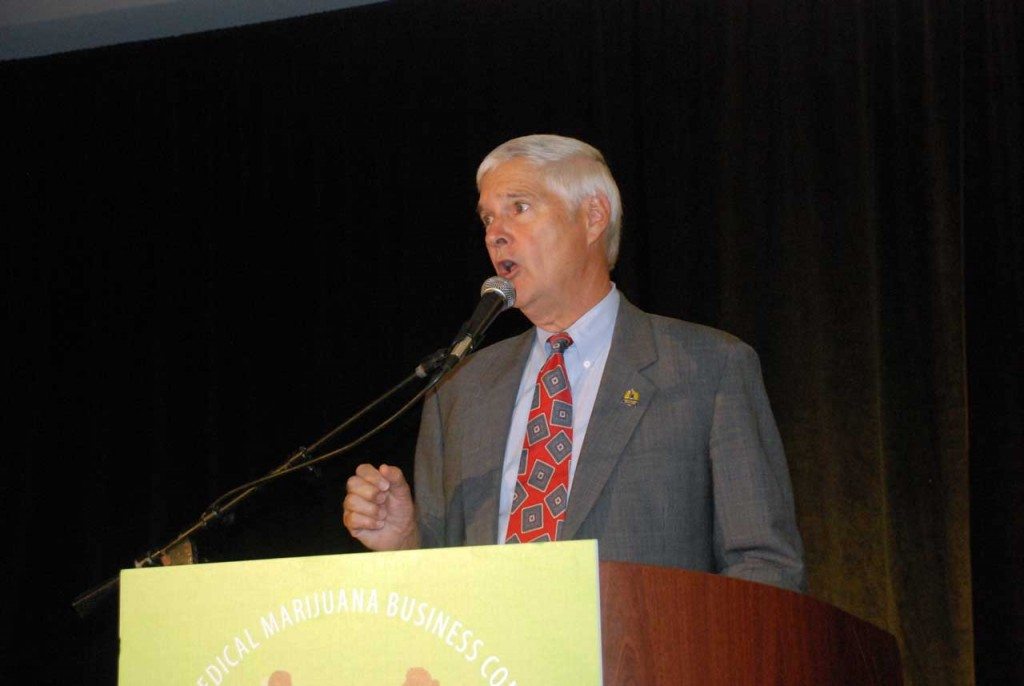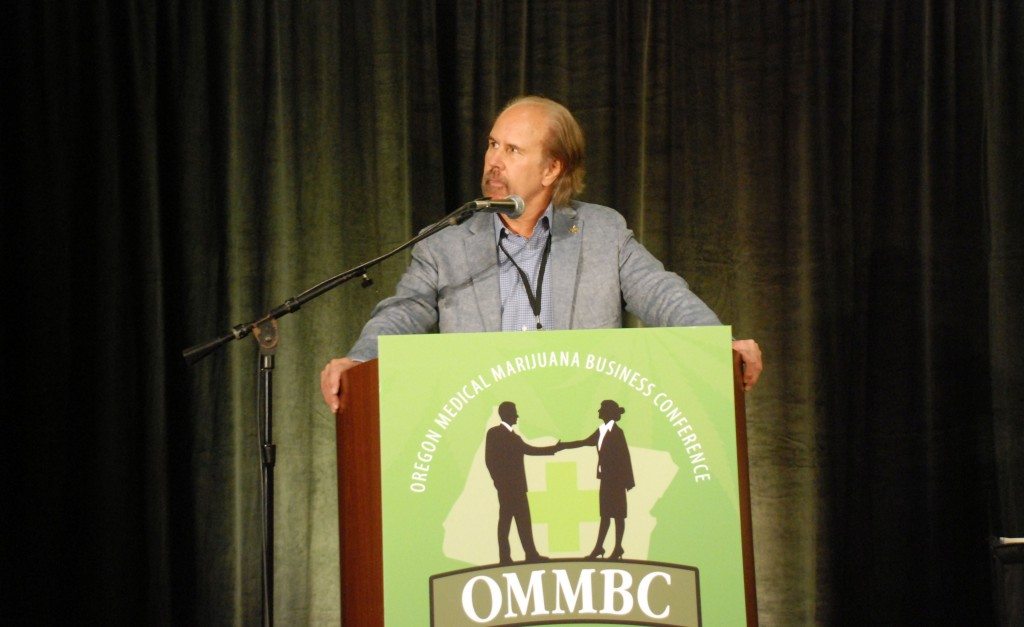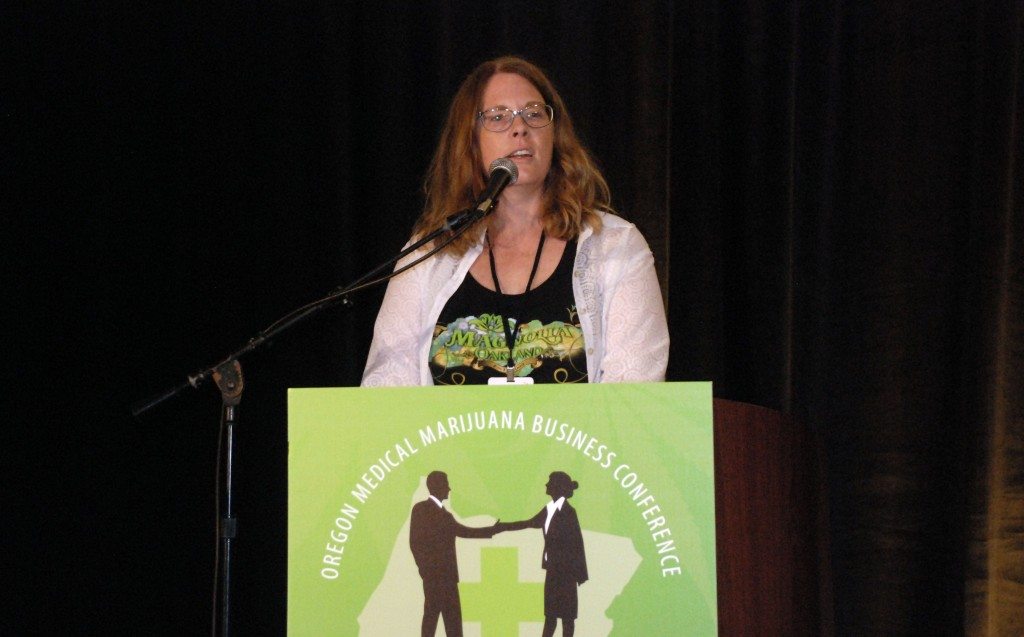Former Hewlett-Packard CEO and failed California Senate candidate Carly Fiorina has won two debates thus far according to political conventional wisdom, the first FOX News second-tier debate and then the latest top-tier debate on CNN. While Fiorina’s tenure at HP was very controversial, including sales to Iran despite U.S. sanctions, massive layoffs and she was eventually forced to resign as CEO by HP board of directors, Republican primary voters clearly desire a political outsider.
Donald Trump has leaped to GOP frontrunner status, neurosurgeon Ben Carson is polling well and Carly Fiorina is now polling 2nd, behind only Trump. Florida Senator Marco Rubio, while not a complete Washington outsider, is a young face that many GOP voters feel represents the future of the Republican Party. Rubio has also surged in the most recent CNN poll that has Trump at 24%; Fiorina at 15%; Ben Carson at 14%; and Marco Rubio tied with Carson at 14%.
The cannabis community needs to be vigilant as Carly Fiorina and Marco Rubio rise in the polls as both have expressed support for going backwards on marijuana policy, out of the mainstream. Rubio has long stood by the contention that armed federal agents should waste taxpayer dollars by enforcing federal marijuana law over the will of state voters, joining his GOP rival Chris Christie.
Fiorina’s position that marijuana is a dangerous gateway drug is very troubling as her tragic personal family story and Reefer Madness rhetoric can influence voters on the fence, particularly voters not very educated on cannabis science. While Carly Fiorina’s proclamation that marijuana is more dangerous than beer can help perpetuate bad public policy that literally drives more people to drink. Regardless of whether one supports marijuana legalization or not, they should be honest about the fact that alcohol, even just beer, can cause fatal overdoses and death, unlike cannabis.
UPDATE: Fiorina has been one of the more reasonable 2016 GOP challengers on marijuana policy, but her rhetoric is very dangerous for the cannabis community as several states are poised to vote on marijuana legalization initiatives as it can feed into the fear-mongering propaganda that prohibitionists utilize. Anti-marijuana group Smart Colorado seized upon Fiorina’s rhetoric, as The Denver Post notes:
Carly Fiorina, the former CEO of Hewlett-Packard, voiced concern about marijuana legalization. She invoked the story of her daughter’s death after addiction to alcohol and prescription pills.
“We must invest more in the treatment of drugs,” she said. “I agree with Sen. Paul. I agree with states’ rights. But we are misleading people when we tell them that marijuana is just like having a beer — it’s not.”
The comparison is a misnomer to the cannabis industry, but Gina Carbone, a co-founder of Smart Colorado, a group that wants greater protections for children, said it was an important moment.
“I think everyone needed to hear that kind of thing because that is exactly what we in Colorado are facing,” she said.
It can be very uncomfortable disagreeing with someone like Carly Fiorina who has a tragic death in her family due to drug addiction, but it is important that marijuana be put into perspective and the proper scientific context in comparison to other drugs. Russ Belville’s piece on this very issue is extremely important and the cannabis community should spread the the truth far and wide.
Marco Rubio’s argument that federal law enforcement resources should be used to arrest, prosecute and imprison nonviolent citizens acting legally under state law, is easier to combat and GOP candidate Rand Paul will likely continue to do so on the debate stage. However, the cannabis community cannot count on Republican candidates, or any candidate in any party, to do our work for us. We have made huge gains across the country due to our collective effort, most importantly spreading the truth about cannabis, so we must continue to do so and not let our momentum be stopped by the harmful rhetoric and positions of Carly Fiorina and Marco Rubio.
(Featured photo credit: Getty Images)

